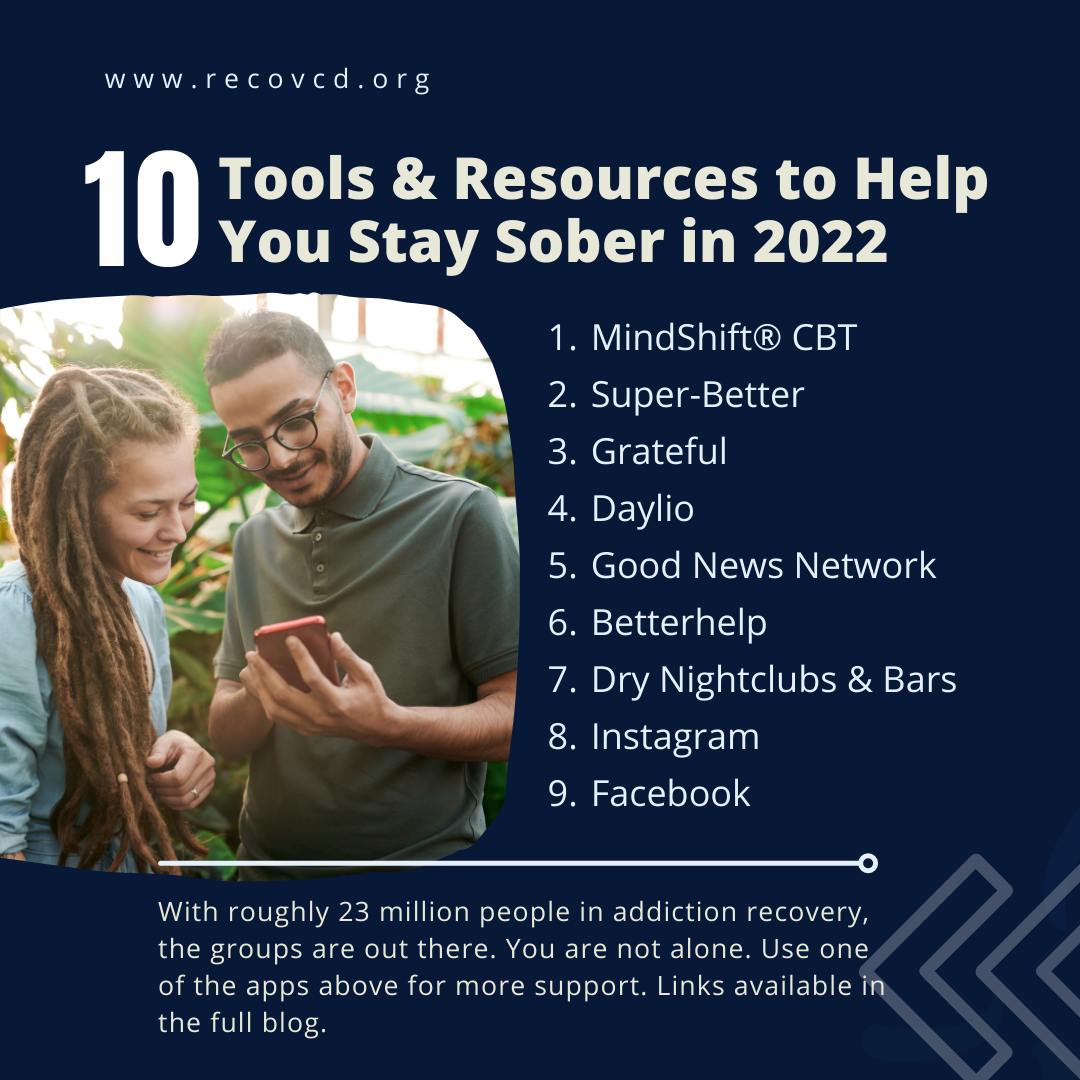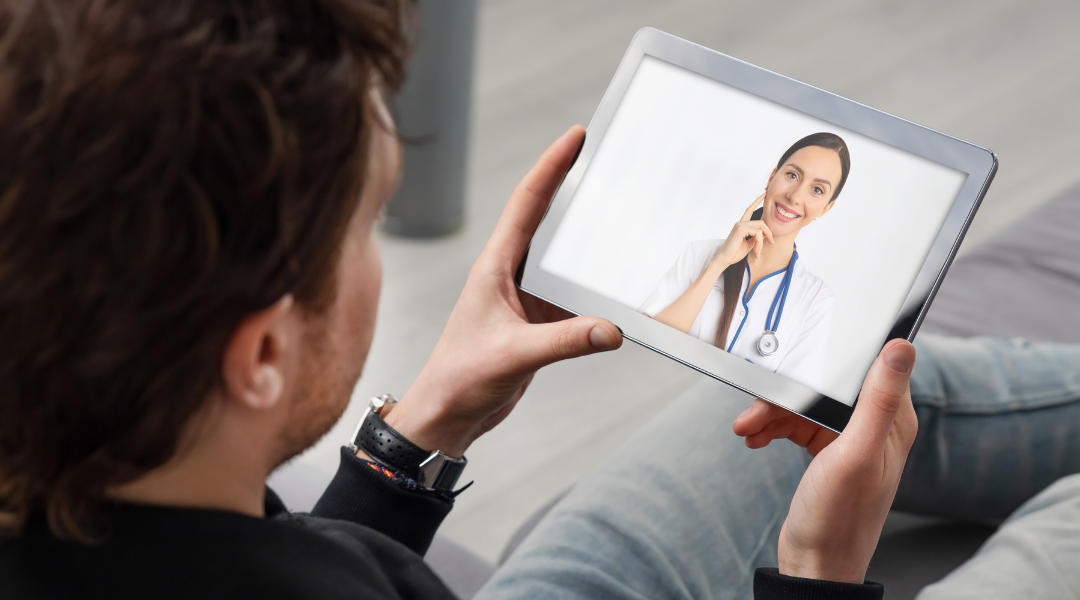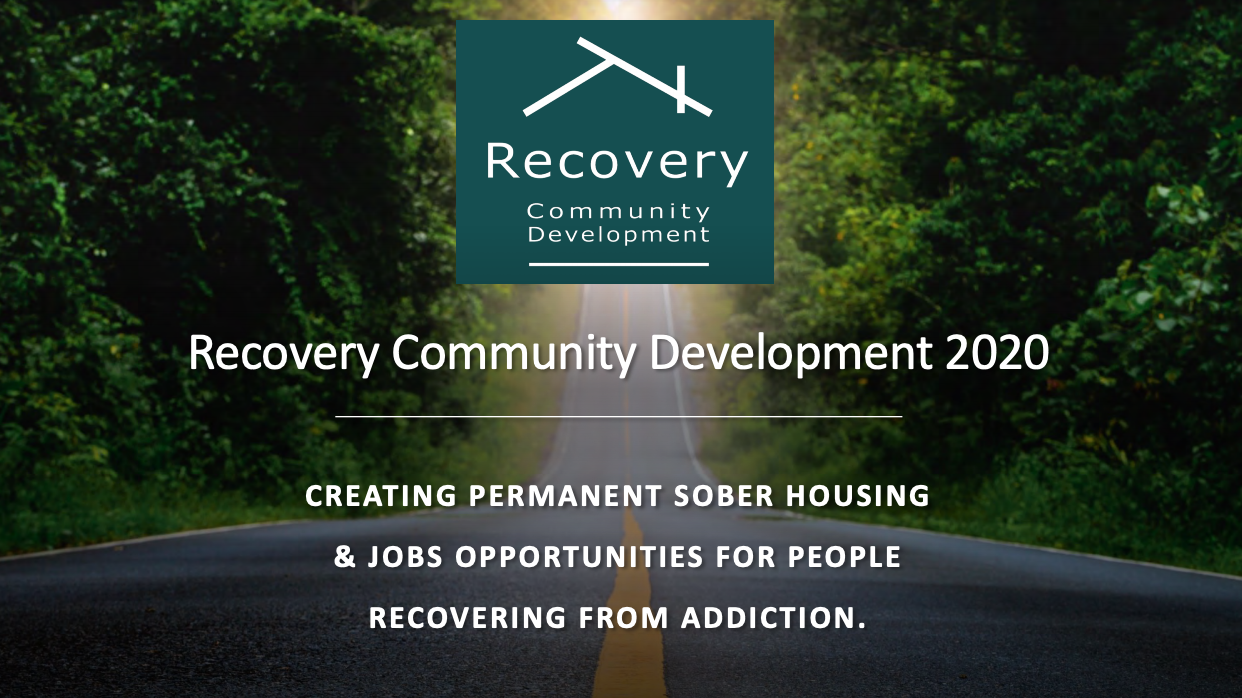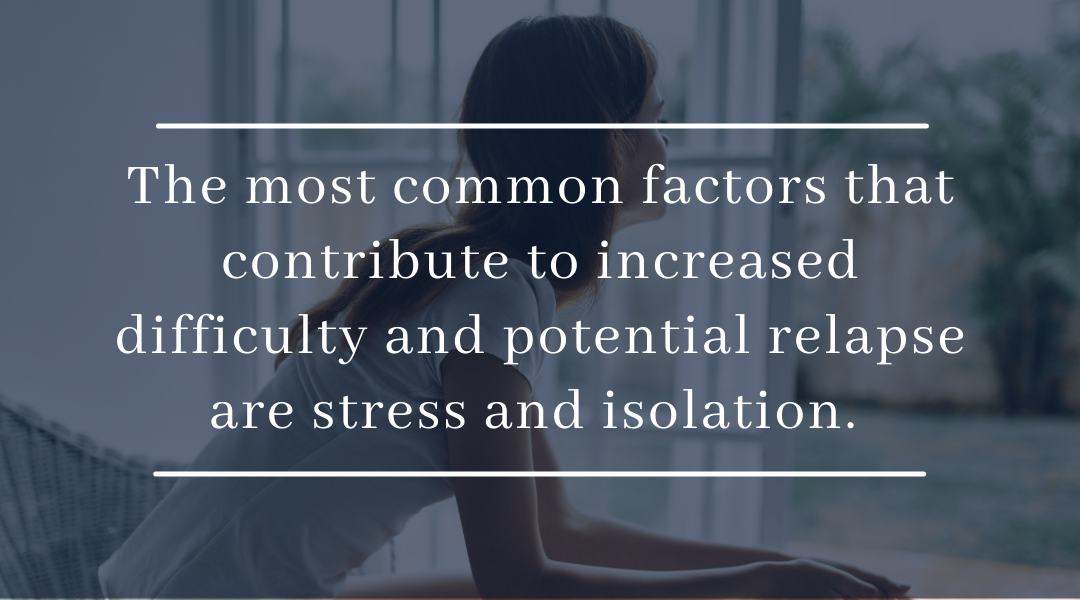Aside from unrealistic expectations surrounding recovery, the most common factors that contribute to increased difficulty and potential relapse are stress and isolation. Though the last few years have heaped on loads of unexpected stressors, instability, and isolation, there are a few silver linings in terms of finding alternative means of getting help and fostering connections.
Telehealth
In 2018 over half of U.S. counties were void of psychiatrists, with an overwhelming lack of mental health providers in areas where some were present. In 2022 the need still far exceeds the system’s ability to adequately care. Many individuals in need are still faced with the necessity to travel long distances to reach available providers if they do not offer a virtual alternative, and may not be able to schedule appointments as regularly as necessary to ensure better mental health outcomes. Enter Telehealth.
Telehealth offers opportunities that were largely nonexistent in our recent past. Mental health apps and sites available now offer a means to help bridge the gap in necessary mental health care which in turn plays a large role in addiction recovery outcomes.
MindShift is a free evidence-based anxiety relief app. Based on Cognitive Behavioral Therapy (CBT), it’s designed to help you learn to relax and be mindful, develop more effective ways of thinking, and use active steps to take charge of your anxiety. A new feature, the Community forum, now enables you to find and offer peer-to-peer support.
Designed with youth in mind, Super-Better is a scientifically based framework that uses the psychological strengths of game play to build resilience and success in real life. Essentially, it’s a game that works to improve your resilience and mental health outcomes.

Grateful is a gratitude journal app. There are many reasons why keeping a gratitude journal can be a beneficial practice in recovery. A study published in the Journal of Personality and Social Psychology found that a conscious focus on blessings may have a direct beneficial effect on one’s emotions as well as interpersonal relationships.
Daylio is an app that includes a self-care journal that includes a goals mood diary and happiness tracking. For individuals who like stats, this app may be a good fit.
The Good News Network is exactly what it sound like. It provides a source of good news versus the often doom and gloom outlook of many other news sources. In line with gratitude, reminding oneself of the positive things happening in the world can help shift one’s perspective and outlook.
Betterhelp is an online resource for mental health care. Toted as the world’s largest network of licensed, accredited, and experienced therapists, this option can offer professional and personal help at a cadence that may fit better with mental health outcomes versus local professional availability.
The most important thing to keep in mind with any tool or resource is finding the things that feel right to you. One person’s path will invariably differ from someone else’s. The key is to not give up after trying something and finding it falls short. We must keep trying.

Substance-Free Spaces
7. Non-Alcoholic Nightclubs & Dry Bars
When there are no sober events near you, lead the way by planning a sober party at your home. Check out this map of known sober bar locations or suggest new ones if they fit the bill.
8. Parks
Parks are a great way to be present in substance-free zones as well as get out in nature. Check your local parks and recreation website for activities to join and additional opportunities to find something that feels right for you.
Social Media
9. Instagram
Instagram is undoubtedly the home of beautiful pictures and fun memes, but it can also be a resource for addiction recovery. Search hashtags to find accounts that resonate. Start with ones like #soberaf, #recovery, #mentalhealth, and #sober. Play around and see what hashtag groupings feel right for you.
10. Facebook
Facebook groups also offer a way to connect and share within the social media arena. You can look for local as well as far reaching groups that resonate and reach out to make a connection.
With roughly 23 million people in addiction recovery, the groups are out there. You are not alone.
Interested in additional tools & resources to improve recovery outcomes for yourself or someone you know? Return next month for part two: 10 More Tools & Resources to Help You Stay Sober in 2022.
Finding connections and nurturing healthy relationships and activities is so important to turn the tide and make the difference in recovery longevity. Concerned about yourself or a loved one? Take a look at our previous blog: Signs of Relapse.
Find out what RCD is doing to aid in addiction recovery today. Follow us on Facebook and check out our 2020 Vision Statement here.

Interested in helping RCD with their mission to create opportunities for affordable housing? Donate Today!
